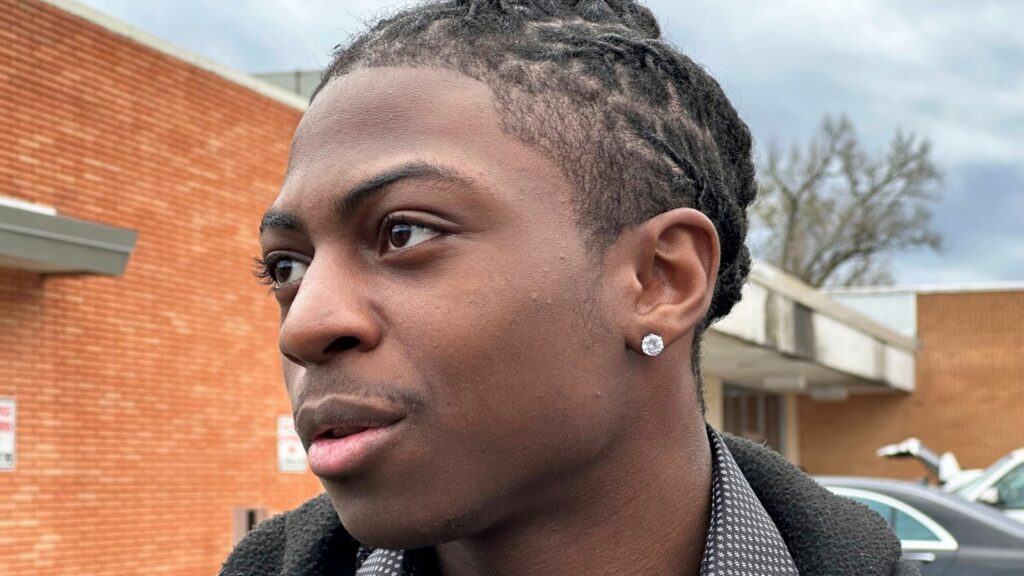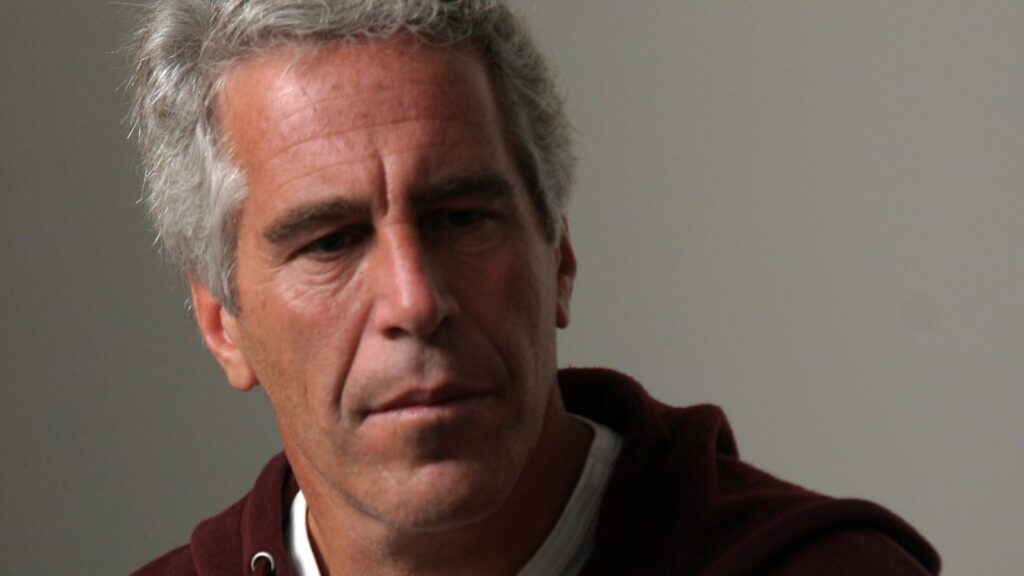Trial Date Set for Texas Student Suspended Over Length of His Locs
The case of Darryl George, a Texas high school junior suspended multiple times for wearing his hair in locs, will go to trial next month, according to The Associated Press. A judge decided on Wednesday that George’s family’s claims that his hairstyle is protected by a law known as the CROWN Act should be heard in court. State District Judge Chap Cain III set a trial date for Feb. 22 in Anahuac, Texas.
George, 18, wears his locs tied on top of his head. Administrators at Barbers Hill High School in Mont Belvieu removed the teen from class on Aug. 31, citing a dress code that limits the length of boys’ hair and has made him serve either in-school suspension or participate in a disciplinary program off campus. The school, which encourages conformity, says other students obey the rules.
“I’m glad that we are being heard, too,” George told the AP after a hearing. “I’m glad that things are moving and we’re getting through this.” George’s mother, Darresha, said she wished the judge had granted her son a restraining order that would allow him back in class until the trial.
“The issue is simple: we have many students who wear locs and comply with male hair-length policy,” David Bloom, Barbers Hill ISD’s Director of Communications, told Rolling Stone. “We have ONE who does not.”
“We filed for a declaratory judgment because of the certainty we have that Barbers Hill’s dress code is not in violation of the CROWN Act,” Barbers Hill ISD Superintendent Dr. Greg Poole said in a statement. “Texas law mandates that there can be no implied meaning with interpreting statutes. The CROWN Act says nothing about hair length, and State Rep. Rhetta Bowers, the legislation’s chief author, stated publicly in a TV interview that the bill was never intended to protect the length of hair. The CROWN Act was meant to allow braids, locs or twists, which the district has always allowed. The law was never intended to allow unlimited student expression.”
The CROWN Act, which stands for Creating a Respectful and Open World for Natural Hair, prohibits discrimination based on race-based hair. It took effect in September. Barbers Hill Superintendent Greg Poole placed an ad in the Houston Chronicle, claiming the district is not violating the law. “Being an American requires conformity,” he wrote.
“Male students’ hair will not extend, at any time, below the eyebrows or below the ear lobes,” reads the school’s dress code. “Male students’ hair must not extend below the top of a t-shirt collar or be gathered or worn in a style that would allow the hair to extend below the top of a t-shirt collar, below the eyebrows, or below the ear lobes when let down.”
The two state representatives who wrote the CROWN Act, Rhetta Bowers and Ron Reynolds, told the AP that the law protects George’s hair. “[The school] is punishing Darryl George for one reason: his choice to wear his hair in a protective style which harms no one and causes no distraction in the classroom,” Bowers said.
“All I want to do is go to school and be a model student,” George wrote in an affidavit requesting a restraining order. “I am being harassed by school officials and treated like a dog.”
“His locs represent his roots, represent his soul, his ancestors, his legacy,” Darresha told Rolling Stone last year. “It’s his culture. He not only has his locs in his hair, he has his ancestors’ hair weaved into the ends of his hair. So cutting that off is cutting them out of his life. And that’s that’s not fair to ask somebody to do.”
George’s family has filed a complaint with the Texas Education Agency and a federal civil rights lawsuit alleging the school district, Gov. Greg Abbott, and Attorney General Ken Paxton have not enforced the law. A federal judge in Galveston is reviewing the filing.
“He feels like he’s caged in, like he’s in jail,” Darresha told Rolling Stone in October. “It’s like he’s locked up. He was falling behind already. And now he’s trying to play catch up and it’s hard to do when you’re already behind.”
Two students, De’Andre Arnold and Kaden Bradford, previously sued the school district in 2020, alleging that the school’s hair policy, which went into effect in the middle of the year, targeted them. A judge granted them an injunction that allowed them to return to class.





